While the United States has rightly been focused on an ongoing invasion of a sovereign state across the Atlantic, a similar situation could be in its beginning stages to its south. The Venezuelan government, led by President Nicolas Maduro, claims that the Essequibo region of Guyana belongs to it, even though the latter has controlled it for over a century as a result of the internationally accepted 1899 Paris Arbitral Award. The dispute over the territory is long-running, but the Maduro regime has intensified its claims in recent weeks and held a referendum in which an alleged 95 percent of voters supported annexation. However, the figure is heavily discredited, given Venezuela’s lack of free and fair elections.
Various explanations have been suggested to explain the sudden urge to annex the Essequibo region, including Caracas’s desire for the oil deposits known to exist within the territory. Meanwhile, an internal assessment from the US Department of State suggests that Caracas is using the threatened invasion simply as a negotiating tactic against the US to ease sanctions placed on it and that an invasion is unlikely. A final explanation, one that runs counter to the Department of State, suggests that Maduro could be attempting to invade Guyana to distract Venezuelan citizens from their state of discontent. Regardless of the motive behind Maduro’s recent actions, one thing is clear: the US must adopt a posture of deterrence to prevent Caracas from infringing upon the sovereign territorial claims of Guyana.
If the West, and specifically the United States, has learned anything from the Russian invasion of Ukraine almost two years ago, it is that relative inaction, from the initial provocations to the moment military action begins in earnest, only leads to devastation. The Russian war against Ukraine has had negative implications for the global economy, displaced millions of individuals, and caused over ten thousand confirmed fatalities, with the actual number likely notably higher, according to UN reports.
While the global implications of a formal annexation of territory belonging to Guyana would arguably be much lower, it would further erode international norms. Even worse, if not prevented, it could embolden other bad actors, including China, to follow suit and attempt to annex the territory of their neighbors.
As a result, the US must engage in this situation from a position of strength and seek to deter the Maduro regime before it takes military action against Guyana. The first step involves taking a page from the playbook of the George H.W. Bush administration when the former president boldly claimed that “Iraq will not be permitted to annex Kuwait… that’s not a threat, not a boast. It’s just the way it’s going to be.” While various Biden administration officials, including White House National Security spokesman John Kirby, have expressed support for Guyana, President Biden has not addressed the situation publicly. This must change immediately, and he would be wise to echo the words spoken by President Bush when he faced a similar situation with Iraq and Kuwait.
However, as this example proves, words alone will not successfully deter Maduro. Therefore, the second step involves action: the US should reinstate the sanctions it lifted this year on exports of Venezuelan crude oil, refined petroleum, and gold. While the Biden administration believed that their lifting would result in good behavior from Maduro, recent events have proven that assessment wrong. Even if the internal assessment from the US Department of State is accepted as accurate, rewarding Venezuela’s inappropriate actions towards Guyana would be ill-advised. It would only further set a precedent for American foes that the US will make concessions whenever detrimental actions are threatened.
Thirdly, strong words and economic sanctions must be backed up with a credible display of military force. Therefore, the US must expand and extend its military exercises in Guyana, specifically in the Essequibo region. Despite the US Southern Command (USSOUTHCOM) conducting flight operations within the borders of Guyana on December 7th and the US Army 1st Security Force Assistance Brigade (SFAB) meeting with the Guyana Defense Force (GDF) on November 27-28, a prolonged American presence in the country is a necessary component of the deterrence strategy. One of the simplest ways the US could do this is by continuously placing an SFAB unit in Guyana until tensions cool. While the Maduro regime is erratic, it is not suicidal. It will not risk a military invasion of Guyana as long as there is an American military presence within its borders, especially in the Essequibo region.
As bad actors increasingly violate global norms, the world is becoming ever more unstable. Therefore, it is past time for the United States to engage South America, our geopolitical backyard, from a position of strength. While it is too late to deter the Russian invasion of Ukraine, the same is not true of the situation in the Western Hemisphere. The three-step plan laid out above would place the US in a powerful position to deter any aggressive actions that Venezuela could take against Guyana.

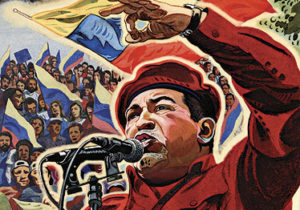
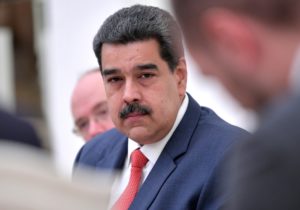
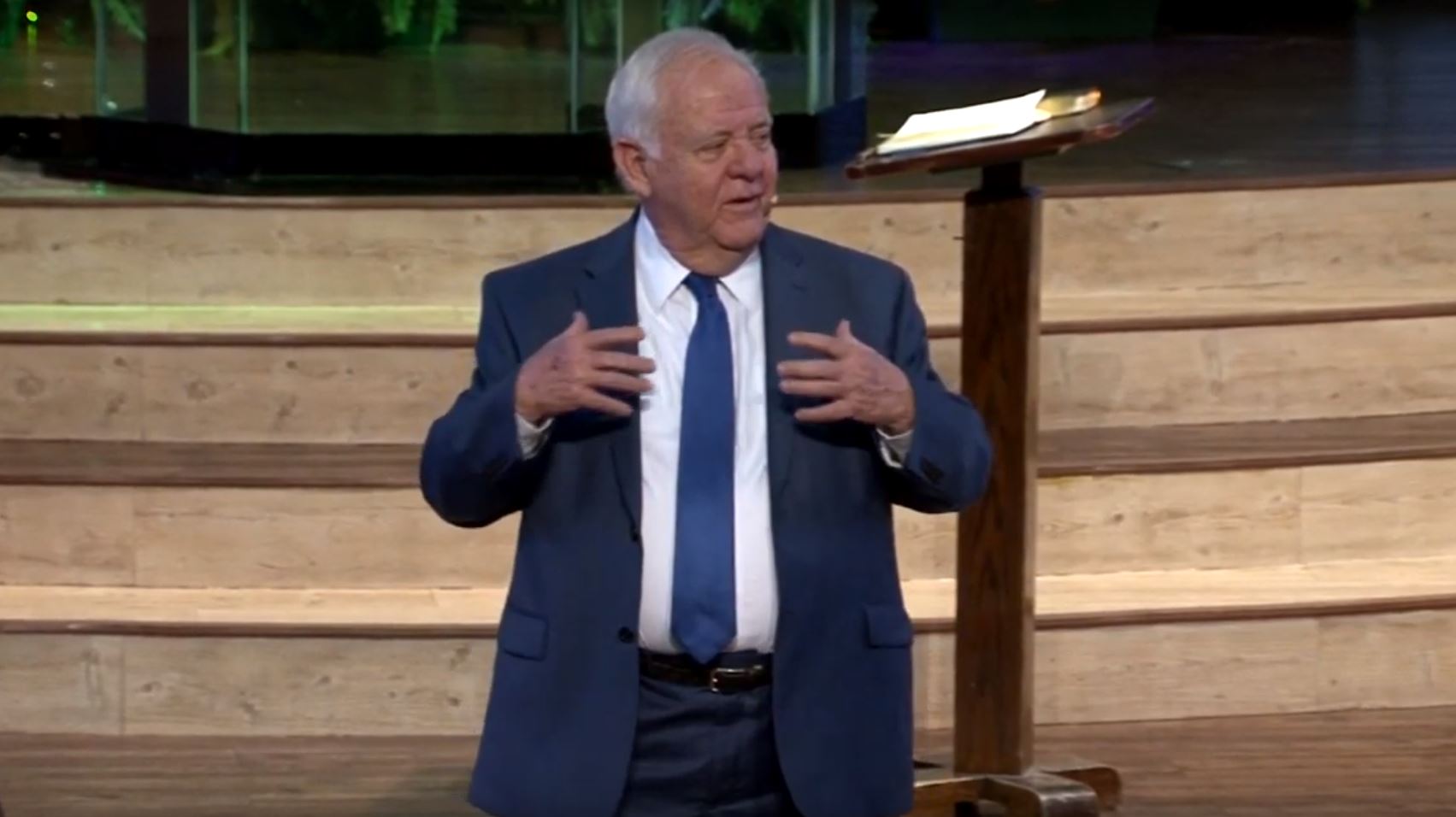
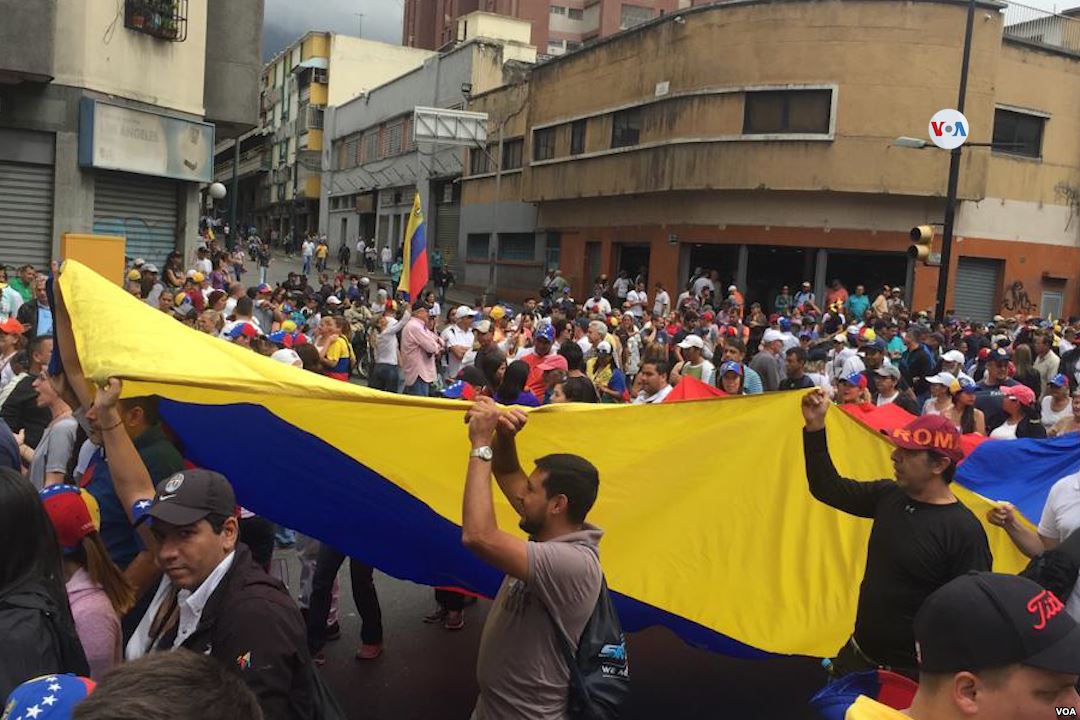
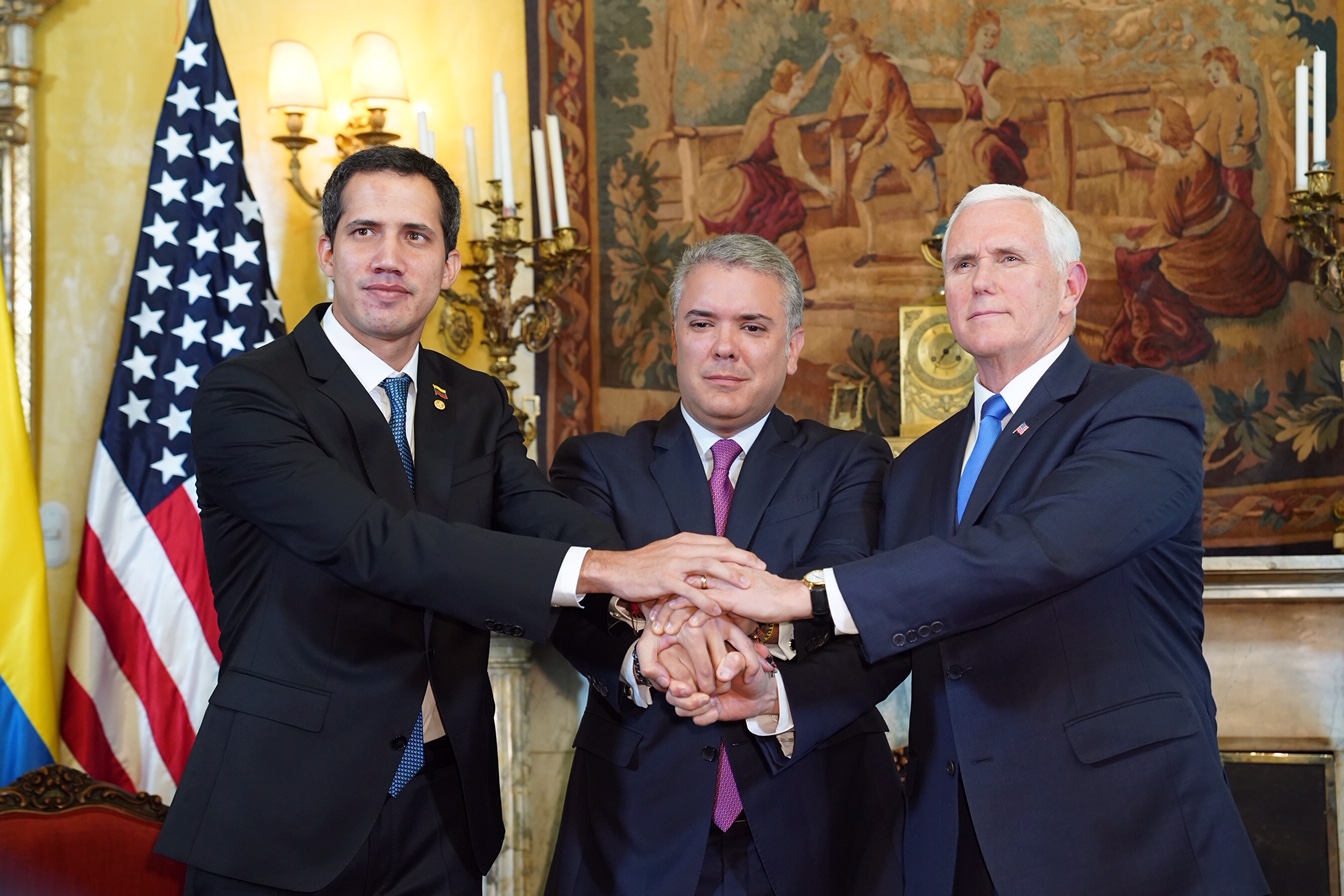

 Sponsor a student for Christianity & National Security 2024
Sponsor a student for Christianity & National Security 2024